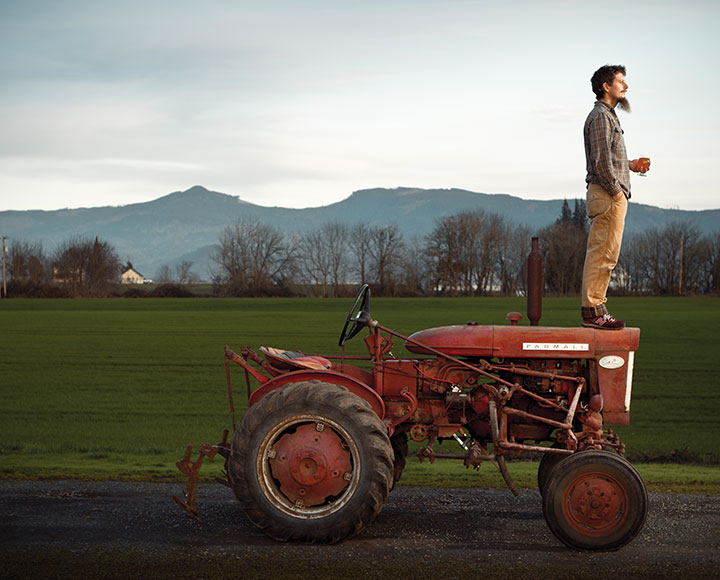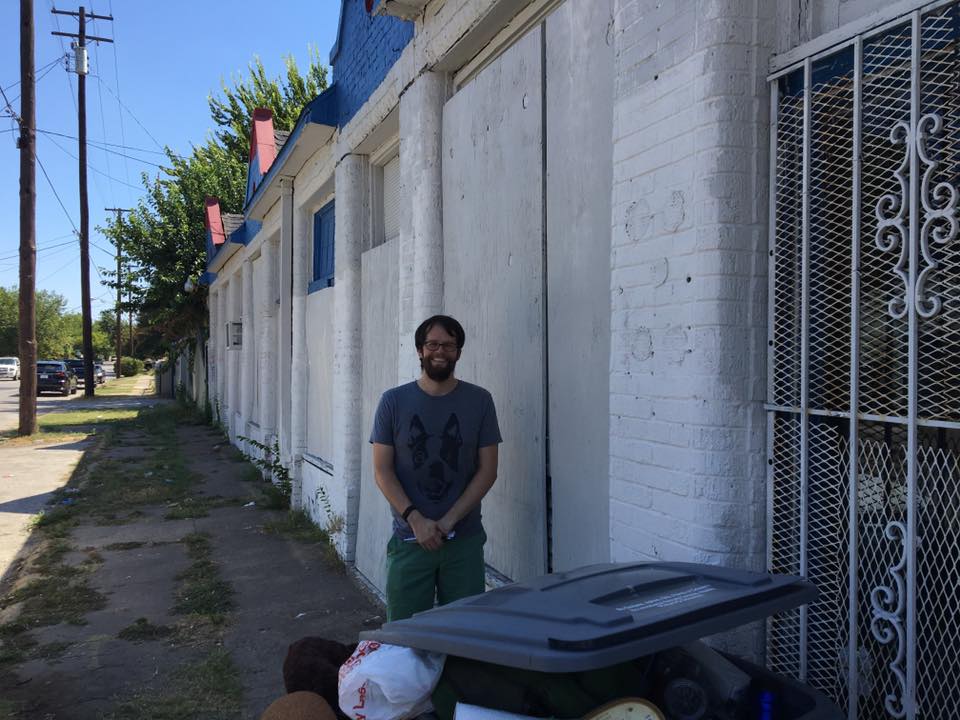How do I Get Started as a Small Developer? Find your "Farm".


I got an email from an Architect in Florida looking to get started as a small developer. She wanted to know how to pick a property to get her new enterprise started. We always recommend that you think beyond the individual building and commit to the neighborhood as your project. Stake out a geographic area as your "farm" the piece of town that you are going to know better than anyone else. If you cultivate that farm, meet people, build trust with your neighbors and the folks who might oppose new construction , you have an edge that a big operator from out of town will not have.
Where should you look for your Farm? No, I am not talking about an actual agricultural farm. "Farm" is a metaphor for a neighborhood you are serious about cultivating long term. Pick a place that you care about, that needs you. For example, I really care about my old neighborhood; Prospect Park in Brooklyn -but Prospect Park, along with the rest of Brooklyn is booming. So that place does not need me. Find a place in between where cool stuff is already happening and where things are still kinda lousy. Work the seam. If you can find a piece of a neighborhood that is on the seam between the two, you can have a significant impact and have real upside for the value of the buildings you build or renovate.
Look for an area with multiple buildings to renovate and repurpose, or multiple vacant parcels to build new infill buildings on. Map out your various opportunities, which properties are listed for sale. For properties that are off the market, you dig into the local county assessor or recorder's office records to learn when the property last changed hands, are there any liens filed against the property, and who is the owner of record. Sometime the County Assessor records are available online, but even if you use the online resource, go down the the assessors office and meet some people. Learn how your local operation works. Print out some physical maps to mark up as you walk or bike around your farm.
Commit to your farm. Buy a house in your farm, renovate it, and live there. Look for something you might divide into a duplex or perhaps a small existing mixed use building where you could live in one unit rent-free while figuring out your farm. Once you become familiar with what your likely rents, likely hard and soft costs to build or renovate might be you will be able to evaluate multiple properties and rank them for which ones you want to pursue first. Working the project(s) on paper is the best way to get started. There is no risk other than your time and attention.
Get out and meet people. Walk around. Put your self in a place where you are likely to have some chance meetings, the farmers market, a coffee house, a neighborhood bar, a hardware store, a church, a community meeting, anywhere that helps you meet people who live and work within your farm.
